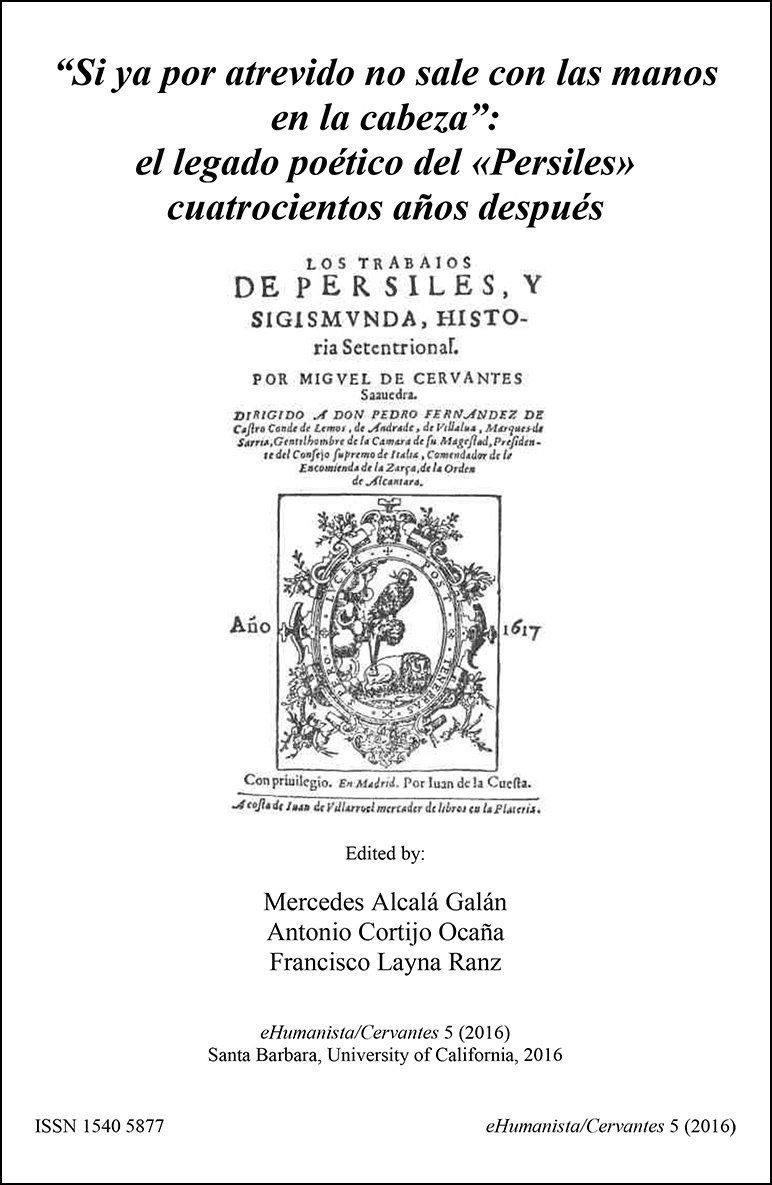Historical, philosophical, and aesthetic discussions of modernity tend to prioritize a version of difference from the past that for better (proponents of progress) or for worse (prisoners of nostalgia) privileges rupture, discontinuity, even destruction. It is not surprising then, that among the varied corpus of Cervantine writing, it was the novel that arguably aimed to break with the past, to destroy the chimeric nonsense of old chivalric romances that entered effortlessly in the canon and confirmed our understanding of modernity.1 This essay will take as its point of departure an analysis of the association of modernity and disruption as it appears in many twentieth-century accounts of the novel’s development as a break with older genres such as epic in order to ask: What would happen if we take Los trabajos de Persiles y Sigismunda as paradigm of the novel rather than Don Quijote? What vision of politics emerges when the novel accepts the premise of a world of missed connections and misunderstandings only to then surprise the reader by making communication possible after all?
‘Pero, ¿quién eres tú?’: The Radical Politics of a Common Language in Los trabajos de Persiles y Sigismunda
‘Pero, ¿quién eres tú?’: The Radical Politics of a Common Language in Los trabajos de Persiles y Sigismunda
- Sonia Velázquez
- Publication Date
2016
 The College of Arts
The College of Arts